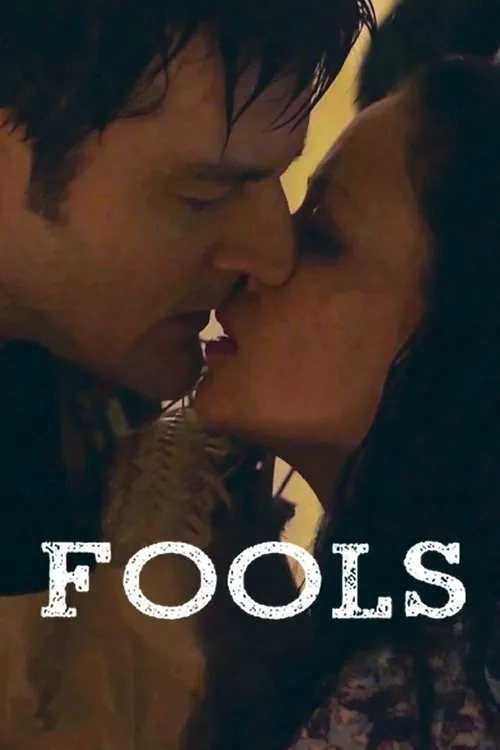Fools

Plot
In the film "Fool's," two strangers, Susan (Jeanne Moreau) and François (Ottavio Albertini), inadvertently form an unlikely bond on a train ride. They brush hands during their commute and subsequently find themselves drawn to each other over time, as they navigate the complex and often surreal nature of relationships. Days go by, and the pair decides to move in together, further intensifying their connection. However, their relationship quickly takes an unusual turn when they begin fabricating the history of their courtship, embellishing and making up stories about their supposed past together. This newfound obsession with inventing a romantic narrative becomes an integral part of their reality, blurring the lines between fact and fiction. As Susan and François continue to weave an intricate web of deceit, they start to get caught up in their own web of lies. Each new iteration of their manufactured story becomes increasingly elaborate, leading them further away from reality and deeper into a world of fantasy. They create elaborate scenarios in which they supposedly met, including stories of a whirlwind romance, a disastrous first date, and even a mythical 'meet-cute' at a picturesque beachside café. The more their fabricated history unfolds, the more invested they become in the narrative they've created. It is as if, in the act of storytelling, they're attempting to forge an authentic connection with each other. By creating this imaginary past, they're able to fill in the gaps of their actual relationship and provide a sense of continuity, making their partnership feel more substantial and meaningful. Their deception is initially a source of amusement, with both characters laughing together at the sheer absurdity of it all. Susan and François engage in an ongoing game of one-upmanship, each trying to outdo the other in the creative department. They embellish their fabricated history so skillfully that they begin to lose track of what's true and what's not, their reality becoming increasingly detached from the world around them. Their elaborate farce becomes the central focus of their existence, with each new development pushing them further into a surreal landscape of make-believe. They continue to weave in and out of the spaces between fact and fiction, their relationship an increasingly unstable dance between authenticity and fabrication. In their manufactured world, everything becomes a prop, and even the smallest details are used to further their fictional narrative. They find ways to incorporate the minutest details of their daily lives into their fabricated history, such as sharing breakfast together and walking hand-in-hand through the city streets. Even the everyday tasks become integral components of their fantasy world, adding a layer of complexity to their elaborate charade. The film raises interesting questions about the nature of relationships and the power of human imagination. Can two people truly build a relationship founded on fabrications, or does this inherently create a sense of instability in their partnership? By engaging in this exercise of creative storytelling, Susan and François are essentially attempting to conjure up an authentic emotional connection with each other. But can this manufactured love ultimately stand as a substitute for the real thing? As their elaborate deception continues to spiral out of control, the characters are forced to confront the consequences of their actions. The lines between reality and fantasy begin to blur even further, and they find themselves lost in a labyrinthine world of make-believe. It's only when the facade finally begins to crumble that they're confronted with the reality of their situation, forcing them to question whether their elaborate farce was ever truly meaningful in the first place. "Fool's" is a witty and introspective character study, plumbing the complexities of human relationships and the power of our imagination in shaping our experiences. Through its exploration of a seemingly absurd yet poignant romance, it invites the viewer to ponder the boundaries between reality and fantasy, ultimately suggesting that, in the end, it's the connection itself that truly matters, not the narrative we create around it.
Reviews
Recommendations



